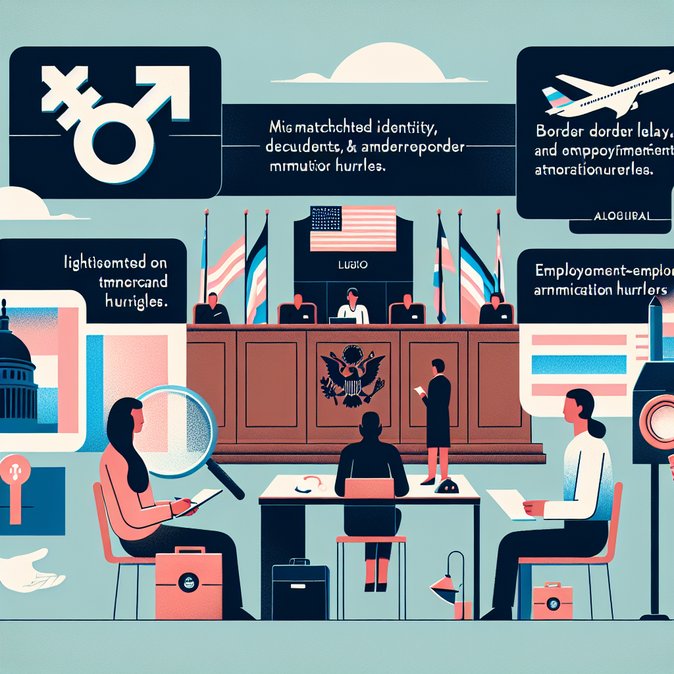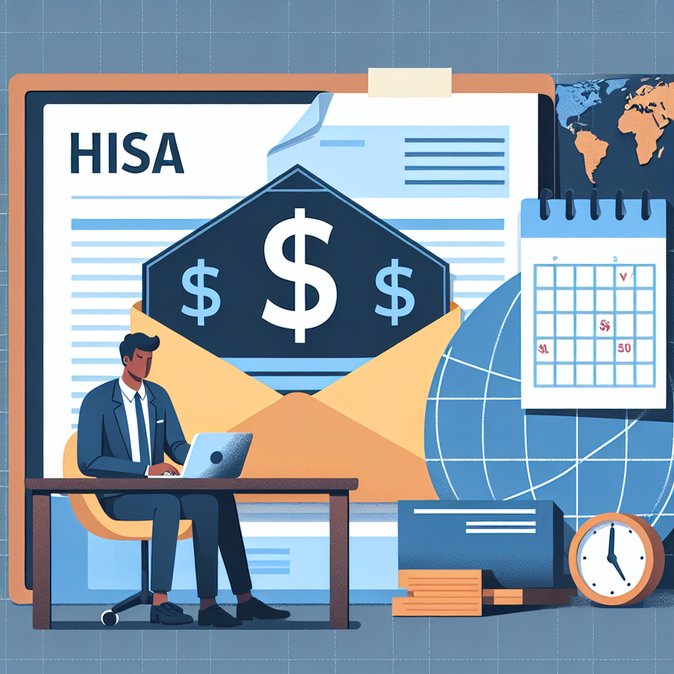
The San Francisco Immigrant Rights Commission devoted a special public hearing on November 10 to the challenges transgender immigrants face in securing legal status, travel documents, and employment authorization in the United States. Community advocates detailed cases in which gender-marker inconsistencies triggered extra scrutiny at ports of entry and delayed Employment Authorization Document (EAD) renewals, jeopardizing job contracts and health-insurance coverage.
Testimony revealed that many trans migrants avoid international travel—even for urgent family matters—because secondary inspection often involves invasive questioning or detention. Employers told the commission that current Form I-9 guidance does not clarify how to address preferred names versus passport names, complicating onboarding.
![San Francisco Hearing Spotlights Unique Mobility Barriers for Transgender Immigrants]()
Panelists urged local agencies to fund legal-aid clinics that specialize in gender-identity issues and to lobby federal partners for clearer Department of Homeland Security (DHS) policies. Suggestions included a dedicated “X” gender marker option on I-94 arrival records and sensitivity training for CBP officers at San Francisco International Airport.
For HR mobility professionals, the takeaway is to audit internal systems for name-field flexibility, ensure health plans cover gender-affirming care, and allocate extra lead time for document renewal cycles. While the commission’s recommendations are non-binding, they often inform city grants and can shape best practices adopted by Bay Area employers with diverse global workforces.
Testimony revealed that many trans migrants avoid international travel—even for urgent family matters—because secondary inspection often involves invasive questioning or detention. Employers told the commission that current Form I-9 guidance does not clarify how to address preferred names versus passport names, complicating onboarding.

Panelists urged local agencies to fund legal-aid clinics that specialize in gender-identity issues and to lobby federal partners for clearer Department of Homeland Security (DHS) policies. Suggestions included a dedicated “X” gender marker option on I-94 arrival records and sensitivity training for CBP officers at San Francisco International Airport.
For HR mobility professionals, the takeaway is to audit internal systems for name-field flexibility, ensure health plans cover gender-affirming care, and allocate extra lead time for document renewal cycles. While the commission’s recommendations are non-binding, they often inform city grants and can shape best practices adopted by Bay Area employers with diverse global workforces.


